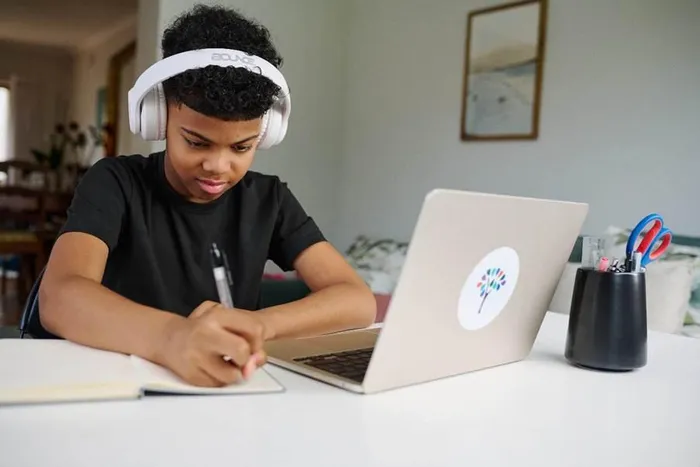Preparing pupils for an AI-driven world with human skills

Pupils are learning to combine AI fluency with leadership, adaptability, and problem-solving skills to prepare for the future.
Image: Supplied
As artificial intelligence becomes an increasingly integral part of workplaces, experts say the most “future-proof” learners will be those who can confidently use AI tools while also bringing human skills to the table - leading teams, empathising with others, solving problems creatively, and adapting to change.
Some schools, such as Koa Academy, are experimenting with new approaches to meet these demands. The academy uses small learning Pods of just eight learners to foster daily practice in communication, collaboration, and leadership. Students use real-time dashboards to track their progress and reflect on learning, building self-management, adaptability, and problem-solving skills often overlooked in traditional classrooms.
Mark Anderson, Koa Academy’s co-founder and principal: “We integrate digital fluency by encouraging students to collaborate on shared platforms and explore age-appropriate AI uses under the guidance of their teachers, mirroring how modern teams and companies operate. Our curriculum also includes projects like termly expos that allow students to apply their skills in real-world contexts such as debating, coding, and leading.”
The academy’s online learning model also mirrors real-world work environments. Students meet in live, interactive sessions resembling team huddles, where they discuss goals, share progress, and solve problems collaboratively. Lessons often begin with open-ended challenges requiring research, testing, and adaptation, with teachers coaching students to view mistakes as learning opportunities.
Projects have real deadlines, with outputs ranging from presentations to collaborative work. A science topic, for instance, might feed into a sustainability project, combining research with creative storytelling. Daily use of digital tools further supports communication, problem-solving, and creativity, helping students adapt to an evolving digital future.
Parents report notable improvements in confidence and independence. Leigh Jansen, a parent and former schoolteacher, says: “They have not done a direct bricks-and-mortar to online translation... (but) genuinely re-thought every aspect of education and tried to find the most effective ways to truly educate children as a whole person, with the knowledge and skills they will need for the future.”
The school also connects learners to the business world. Its annual Entrepreneurship Challenge, accredited by Pranary Business School, invites students aged 9 to 16 to tackle real-world problems, develop solutions, and pitch them to business experts. According to Anderson, “Entrepreneurship matters, not just for individuals, but for entire communities and South Africa as a whole. Fostering entrepreneurial thinking from a young age is one of the most powerful ways we can drive meaningful change.”
Anderson adds: “Whether a learner grows up to be a doctor, engineer, artist, or teacher, having a strong set of soft skills increases their chances to succeed in life and empowers them to make a positive impact on their community and society. That is why teaching these skills from a young age is so important.”
Related Topics: